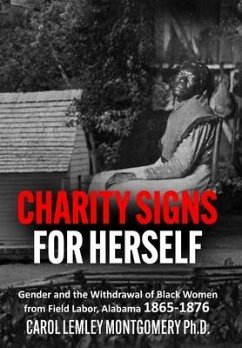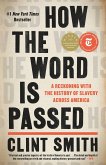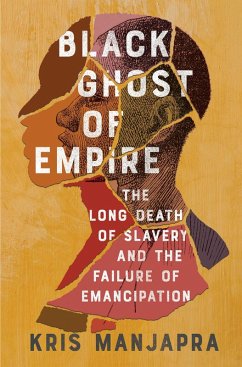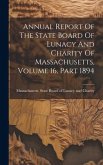The withdrawal of black women from field labor in the postwar South is the historical question being addressed with a gender analysis as the theoretical framework. Primary sources used have been drawn from Somerset plantation, North Carolina and Faunsdale plantation, Alabama. This book adds to the literature of women's history, gender studies, black history, and the Reconstruction era of Alabama. It adds to the growing body of knowledge of the way gender relations interact with class and race to influence variations of gender roles for both women and men within different social classes and races. The development of the squad system as an integral phase in the general movement toward single-family-based sharecropping is also explored. By the 1880s, family-based sharecropping was the dominate organization of agricultural labor in the cotton South. Informed by a gender analysis, this dissertation focuses on the immediate postwar decade, 1865 to 1877, on one plantation-based community in Marengo County, Alabama. Faunsdale plantation, the white household and black freedwomen and men, form the community under study. Charity Signs for Herself reveals the persistence of male dominance among black freedmen as evidenced in their gender relations and ranking of squad members.
Hinweis: Dieser Artikel kann nur an eine deutsche Lieferadresse ausgeliefert werden.
Hinweis: Dieser Artikel kann nur an eine deutsche Lieferadresse ausgeliefert werden.







![The [black] America's Handbook for the Survival through the 21st Century The [black] America's Handbook for the Survival through the 21st Century](https://bilder.buecher.de/produkte/57/57110/57110444m.jpg)
